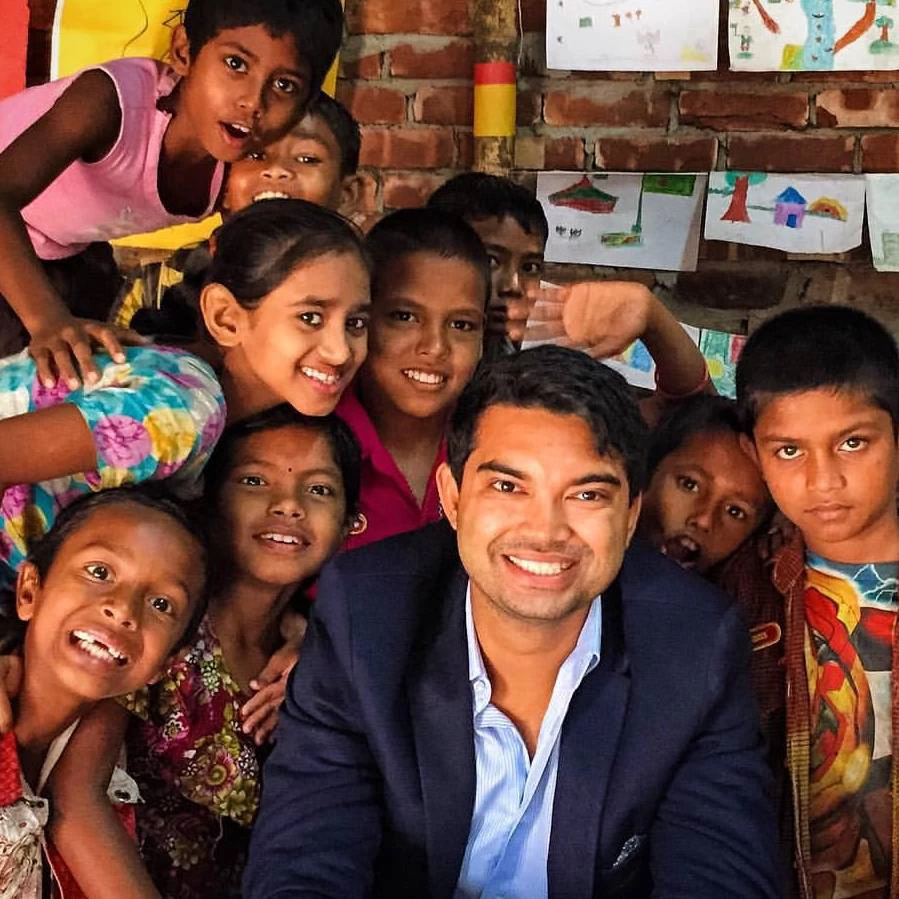
A new Directions in Development study on “The Poverty and Welfare Impacts of Climate Change” by Emmanuel Skoufias, lead economist of the Bank’s Poverty Reduction and Economic Management (PREM) network, explores the complex link between climate change, poverty, and household welfare. “Climate change will erode livelihood assets of the poor – including health, access to water, natural resources, homes, and infrastructure,” he says, “but effective adaptation strategies can reduce the poverty impacts of climate change substantially.”
While world leaders sought to curb global carbon emissions in Doha, they are not the only ones looking for solutions. Despite slow progress at the negotiating table, a green economy is increasingly becoming a priority for governments, the private sector, and civil society.
Green growth enables developing countries to achieve economic growth – essential for any large-scale poverty reduction – without locking themselves into environmentally unsustainable patterns.
“The great development progress we’ve made in recent decades could prove to be unsustainable,” noted Milan Brahmbhatt, senior advisor in PREM. “That’s why the aim of green or environmental policies is basically to improve development outcomes – and that’s also why these issues need to be integrated into countries’ overall development strategies and into the work of finance and economy ministries.”
Green growth encompasses a wide swath of issues – environment, energy, industry, and other sectors, as well as broader themes such as fiscal policy, governance, poverty reduction and inclusion, trade, and competitiveness – issues that require collaboration across knowledge “silos.” Figuring out how to design and implement green strategies requires development partners to pull together knowledge from a variety of sources.
The Green Growth Knowledge Platform was designed to address some of these knowledge gaps through improved collaboration. It was established in early 2011 by the World Bank, along with the Global Green Growth Institute in Seoul, the Organisation for Economic Co-operation and Development, and the United Nations Environment Programme. The platform brings together scholars, practitioners, policy makers and the private sector to support policy-oriented research, and providing knowledge management though policy guidance, best practices, and recent data. The Knowledge Platform’s inaugural conference, in Mexico City in January 2012, attracted more than 150 scholars, practitioners, and policy makers.
The World Bank is already helping 130 countries take action on climate change, from providing solar energy for 1.4 million homes in Bangladesh, to building resilience by supporting 1.4 million flood-affected families through cash transfers in Pakistan. Initiatives like the Knowledge Platform are only the first step in improving collaboration – supporting governments as they pursue growth processes that are more resource-efficient, cleaner, and more resilient.


Join the Conversation